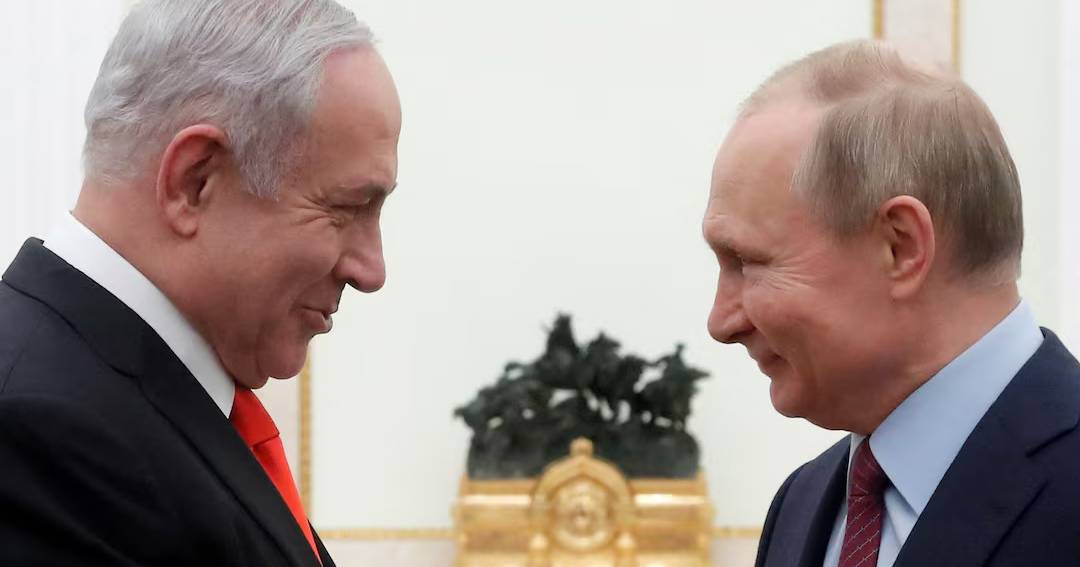Mohammad-Hossein Saffar-Harandi, a hardline member of Iran’s Expediency Council, said on state television this week that Israel’s attacks on Iran in a 12-day war in June was part of a deliberate, long-planned “overthrow” operation.
“(Some people) in Israel contacted certain officials within Russia’s Foreign Ministry two to three days before the attack,” he asserted, informing Moscow about the operation and urging them to abandon their cooperation with Tehran.
The Islamic Republic would be toppled in a few days, the Russians were told, according to Saffar-Harandi. He did not say how he obtained the information, nor whether Moscow had informed Tehran or taken any preventive steps.
“If his claim is true, did Russia inform Iran? Or was Russia suffering from a miscalculation (like Israel), believing that Iran was finished?” asked Esfandiar Zolghadr, lawyer and journalist, in a post on X.
Moscow muted
Russia’s response to the war was limited to diplomatic statements, offering no political or military support for Tehran. Iranian analysts see this as a reflection of Moscow’s focus on the Ukraine war and its desire to avoid jeopardizing ties with Israel and the West.
Foreign Ministry spokeswoman Maria Zakharova told reporters last week that Moscow was “seriously concerned” about Israeli and American attacks on Iranian nuclear facilities—but stopped short of backing Iran, instead urging negotiations with the UN nuclear watchdog, the IAEA.
Critics in Iran argue this cautious stance fits a broader pattern.
“From Russia’s unfulfilled promises to deliver defense systems like the S-400 and Su-35 fighter jets, to repeated delays in military cooperation, all suggest that this partnership is not based on mutual trust, but rather on opportunistic, short-term interests,” the reformist Shargh daily said in an August 5 commentary.
Israel first?
Russia’s response has not gone unnoticed in Iran’s military and political circles.
Brigadier-General Yadollah Javani, political deputy of the Islamic Revolutionary Guard Corps, acknowledged public confusion over the silence of both Russia and China, pointing to the limits of military pacts that don’t entail mutual defense.
Nematollah Izadi, Iran’s former ambassador to Russia, told the Jamaran news website in late July that if Russia had to choose between Iran and Israel, “it would definitely choose Israel.”
He also pointed to Moscow’s strategic logic: continued Iran-West tensions help Russia maintain regional leverage. A thaw with the West, he warned, could shift Tehran’s alignment.
During the war, President Vladimir Putin said Israel has two million Russian speakers and is “practically a Russian-speaking country.”
The comment was seen as a signal of priorities in Tehran.
“Putin’s statements indicated that ethnic and demographic ties with Israel take precedence for him over regional commitments with Iran,” the commentary in Shargh read.
“This behavior cannot be explained merely within the framework of diplomatic caution; rather, it should be seen as the logical extension of a policy rooted in transactionalism.”
